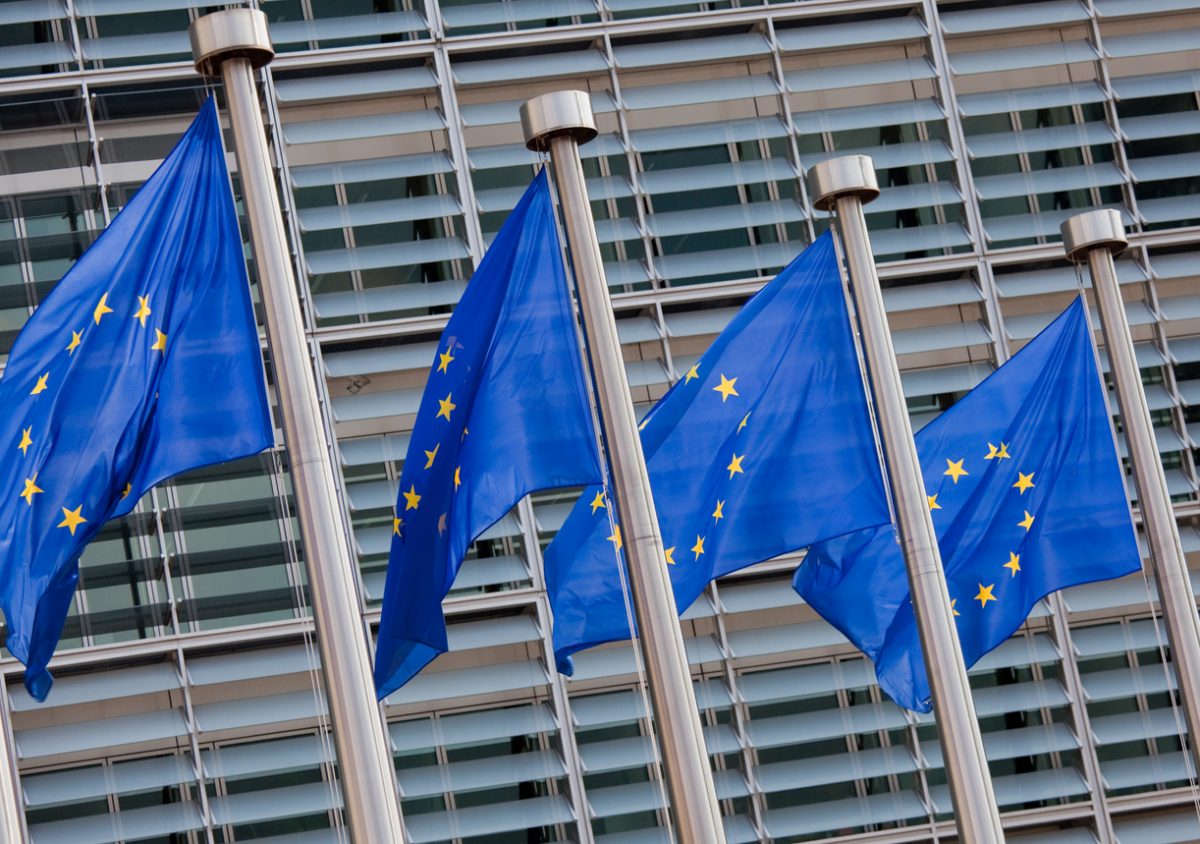Supply chains and critical technologies: package of measures aims to mitigate risks associated with geopolitical tensions.
The European Commission presented a package to strengthen its economic security on Wednesday. The aim is to better protect sensitive technologies that can be used for civilian and military purposes: Artificial intelligence, modern semiconductors, and quantum and biotechnologies. The draft provides stricter controls in exports, research, and foreign investment in the EU and vice versa.
The EU strategy on economic security announced last June is intended to mitigate risks associated with growing geopolitical tensions, for example, in critical supply chains. Following the Russian attack on Ukraine and the resulting energy crisis, European countries such as Germany are striving to reduce further strong dependencies on individual countries. The focus here is primarily on China – even if the People’s Republic is hardly mentioned by name in the various documents. The EU has recently taken a more confrontational stance towards China; for example, an anti-subsidy investigation into imports of Chinese electric vehicles was launched in October. However, the EU rejects complete economic decoupling.
At the same time, the bloc competes with the U.S., which has created an attractive environment for investors with its multi-billion-dollar Inflation Reduction Act subsidy package. Other factors, such as the persistent high energy prices in the EU, are another reason heavyweights in the domestic green tech sector, such as the Swiss solar cell manufacturer Meyer Burger, are considering focusing on the US market.
According to Bloomberg (paywall), the EU Commission intends to decide in February whether further measures are required for economic security based on the current risk assessments. According to the EU, authorities, civil society, industry, and science can also contribute their views and help determine the next steps as part of an open public consultation until April 30.
Photo: iStock/Jorisvo


